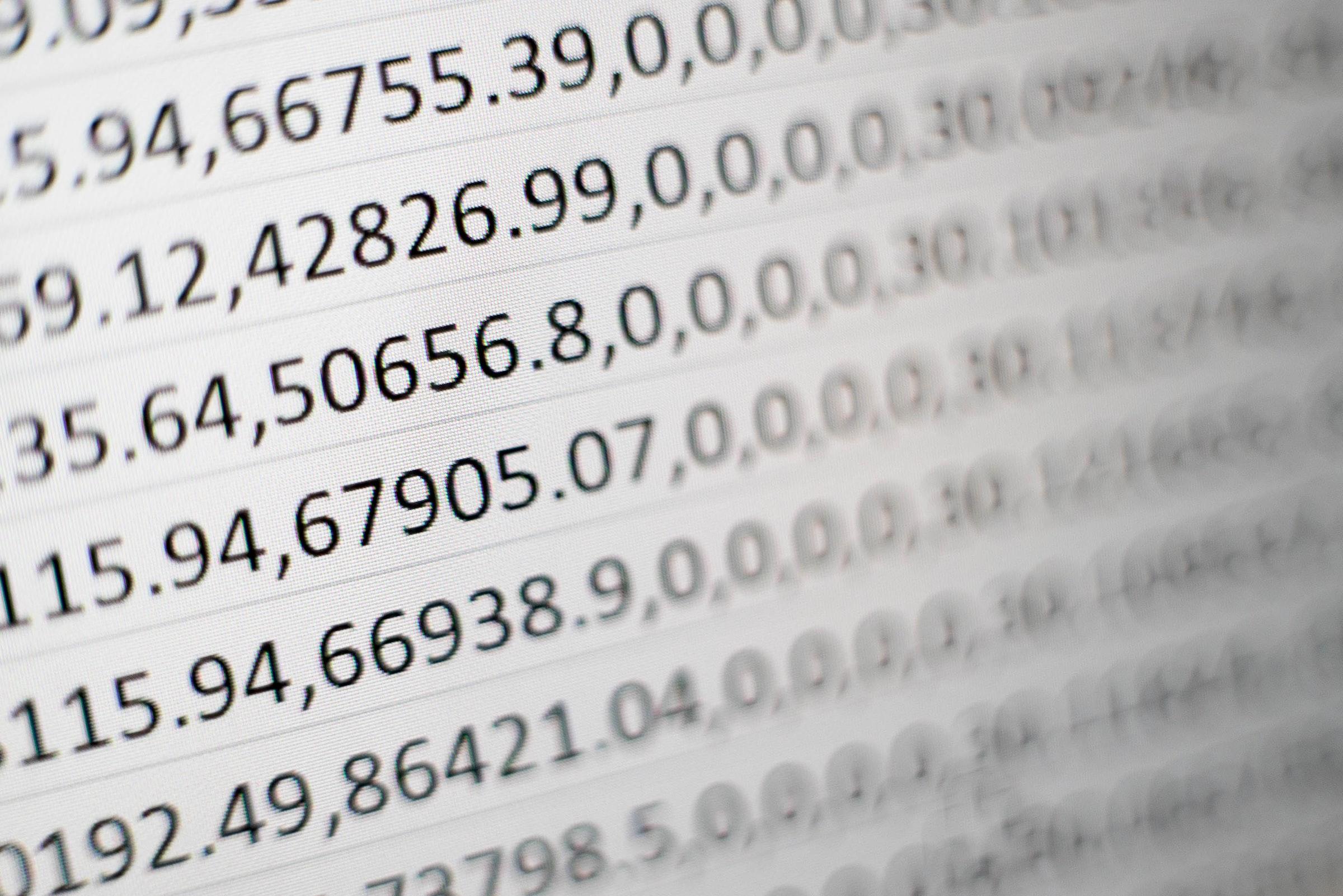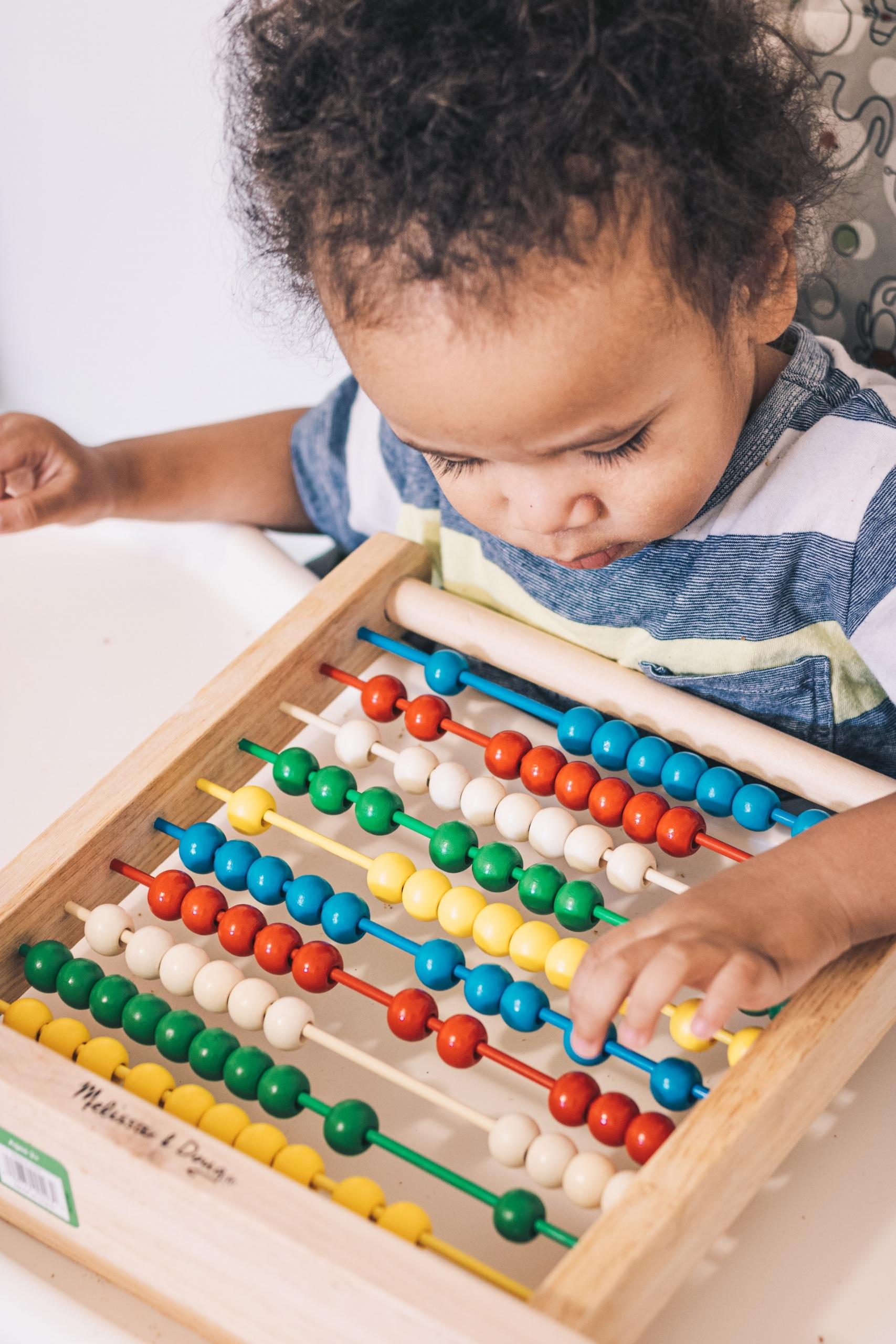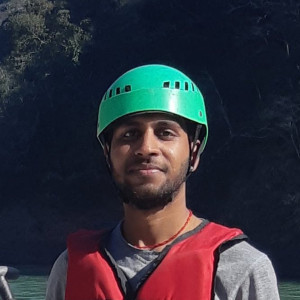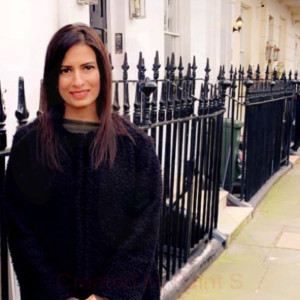Chapters
"Learning power comprises both literacy and numeracy, and is ultimately more fundamental than either of them." -Guy Claxton
Education is fundamental and necessary for all people. Success is only possible through education since it shapes our minds, allows us to become knowledgeable about a certain subject, and causes us to develop transferrable skills that are sought out in our personal and professional lives.
Therefore, from an early age, at an elementary stage, important educational aspects such as numeracy and literacy need to be instructed to young ones.
In today's article, we're going to analyse the definition of numeracy, the best resources to teach primary school kids about it, and some helpful tips and suggestions that greatly help.

What is Numeracy?

What does the term numeracy mean? Though you've probably heard it various times throughout the formative years and later on in your adult life, a clear definition of numeracy might still escape you. In the simplest of terms and definitions, numeracy is described as the ability to understand and work with numbers.
The topic of numeracy can be broken down into the following subcategories:
- Using measurement,
- Interpreting statistical information,
- Using spatial reasoning,
- Estimating and calculating with whole numbers,
- Using fractions, decimals, percentages, ratios, and rates,
- Recognising and using patterns and relationships.
Depending on the academic level and age group of the students, the type of numeracy exercises and homework exercises vary.
Also, it's worth pointing out that numeracy is quite different from maths since it's the ability to understand and use maths in daily life. Numeracy doesn't mean complex mathematics skills, like algebra, it means being confident enough to use basic maths in real-life situations. Therefore, even if a teacher can't successfully get a student to grasp the deeper topics of mathematics such as trigonometry or calculus, their goal should be to impart a straightforward knowledge of numeracy.
Numeracy training starts in kindergarten with simple counting and slowly becomes more complex as time goes on and fractions, percentages, and ratios are introduced.
But, what resources are available for students and teachers to use to learn numeracy? Let's read the following paragraphs.
What are the Best Resources for Primary School Numeracy?

Since the beginning of the digital age, we're constantly bombarded by information ondailythere's so much to read and learn about, but so little time! Finding quality educational resources for children can be time-consuming and tiring for teachers who ultimately have their students' best interests at heart.
Therefore, to help tutors, teachers, and students succeed at teaching and acquiring the basics of numeracy, we'll look at a few resources. The purpose of this blog post is to share our recommendations for great websites there are to support children learning Primary School numeracy and everything that it entails.
KS1 Bitesize Mathematics
Parents and teachers can show children how much fun numeracy can be by playing a host of games on the Ks1 section of the Bitesize Mathematics website. Students can choose from the Easy, Medium or Hard levels. There are various numeracy or maths areas covered including addition and subtraction, times tables, division, number order, sequence, shapes, telling the time and much more.
The games featured on KS1 Bitesize Mathematics make an ideal homework activity since each takes less than five minutes to complete. Numeracy can slowly be learned!
Wmnet
The Wmnet site has so many numeracy activities that it will take quite a while to get through them all! Parents and teachers will find everything on this website such as the super multiplication game, which allows you to choose the number of columns and rows and the particular number of tables you wish to revise. Also, there are plenty of interactive whiteboard resources and links to sites like Tutpup that feature games that test basic skills.
Maths Games
One of the best features of the Maths Games site is the clear classification of its content. Users can choose from counting, addition, times tables, fraction and percentage games and more. There are many games for each core skill, making it a ripe source of material for children who always want a new game to play. Non stop fun for all involved!
Education.com
Featuring one of the best time-telling games of all time. The online game, ‘Stop the Clock’ is for advanced learners who are processing how to tell the time after stopping a ticking clock. Might sound straightforward but it's absolutely perfect for elementary school students who are learning how to tell the time.
Class Clips– Numeracy
Stream useful videos to do with numeracy at home or in class. Topics include angles, 2D and 3D shapes, money, calculations and more.
School Radio– Maths
Known by many teachers and students, the School Radio- Maths website is a resource aimed at one of the key skills identified within the Numeracy Strategy: mental maths. Mental maths is an important part of numeracy since it teaches children to think quickly. The programs or games are presented in a dynamic quiz format, with timed pauses for pupils to jot down their answers.
Starship
By using Starship, you join animated characters Star, Sky and Hutch and play a plethora of games which test skills like adding, subtracting, counting money, and differentiating between odd and even.
Dynamo Maths
Designed for home use, Dynamo Maths is jam-packed with games, quizzes and handy information which will keep kids glued to the screen for hours learning necessary things. Dynamo Numeracy has some links that lead curious parents to further resources, game ideas, and handy advice provided by other parents.
Also, it's worth stating the Q&A section answers typical questions like how much homework a child should be doing at a given age, and how to become more involved at school. Additionally, helpful suggestions are provided for parents of children with special needs. Dynamo Maths is a one-stop shop!
There you have it, a great list of brilliant numeracy resources for students of all ages to enjoy!
What are the Best Tips and Tricks to Improve Primary School Numeracy?

Since understanding and learning numbers aren't everyone's strong suit, it's necessary to receive tips and tricks to become better. So, without further, the following are three suggestions to improve comprehension of primary school numeracy:
- Play Math Games: because numeracy and the successful acquisition of maths go hand-in-hand, it's highly recommended to play math games that are both interactive and educational. Some of these maths games can be played online or in real life in moments when you pay with cash or create and balance a budget. You need a solid foundation in maths to effectively learn numeracy and this can be accomplished by playing games.
- Practice Daily: if you don't practice it, you lose it. So, to keep up with numeracy skills, you'll need to find as many moments throughout the day to exercise your knowledge and cement it into your memory for a long period of time. Practising daily can include simple numeracy games online or reviewing basic equations with your teacher.
- Ask for Help: based on the fact that numeracy is a popular topic that is widely taught in schools around the world, it's comforting to know that there isn't a shortage of experts in this domain to ask for help. Seeking assistance is part of the game and you won't see any improvement unless you humble yourself and ask for suggestions. If your instructors or parents are too busy, you might want to hire a private tutor who can show you the ropes.
As was stated at the onset of this article, numeracy is the skill of using mathematics in the real world. The ability to reason with numbers is something that all should possess. Therefore, we hope that today's article was helpful for both teachers and students. If you have any resources that you would like to recommend, please feel free to share your suggestions in the comment section below.
Here's another thought, are schools right to police the social media accounts of their students?















